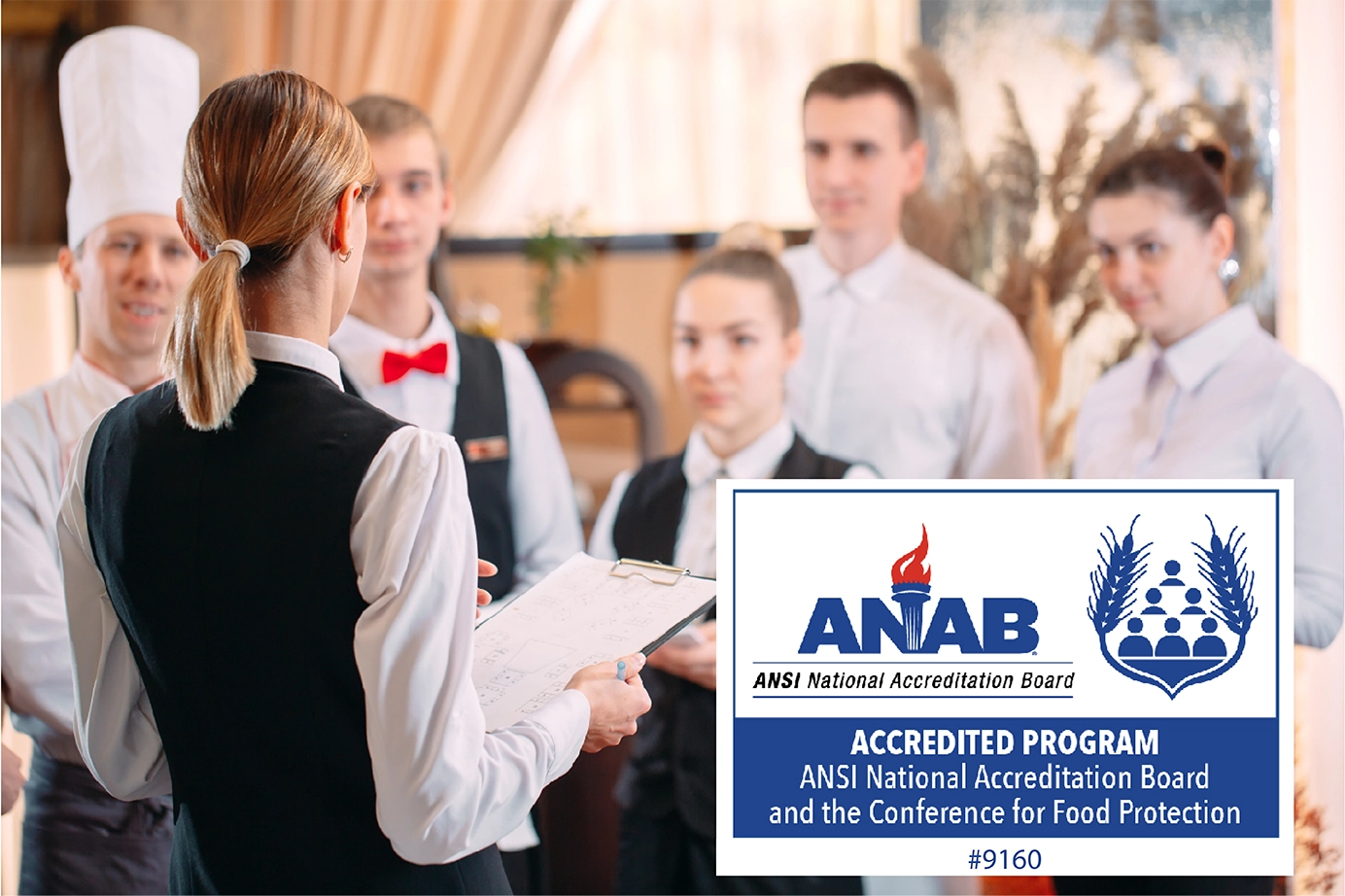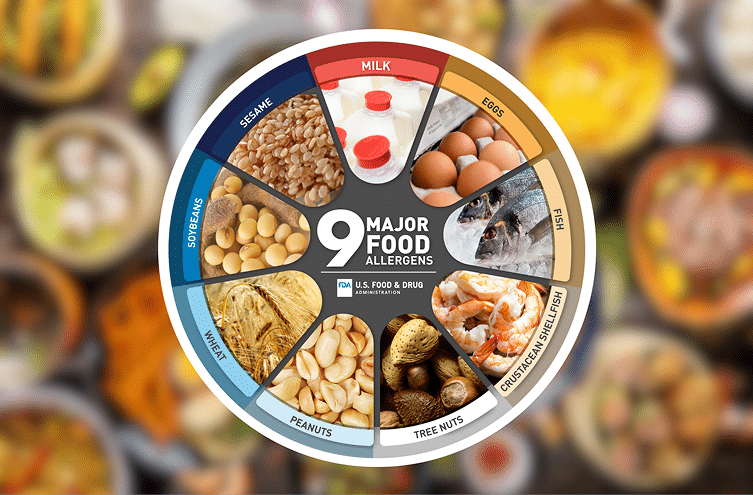STATE of North Carolina
State Of North Carolina
Search By Counties in North Carolina
North Carolina Food Safety Course – Get Certified Online
If you’re working in food service in North Carolina—whether at a restaurant, food truck, grocery store, or school cafeteria—Food protection training is essential. Our Course helps you meet local and state requirements while learning how to prevent foodborne illness and protect customers.
This quick, convenient course is fully online and trusted by food handlers across the state, from Raleigh to Asheville.
Why Take North Carolina Food Safety Course?
✅ 100% Online – Learn at your convenience, anytime
✅ Meets North Carolina Food Safety Requirements
✅ Mobile-Friendly and Easy to Use
✅ Ideal for Entry-Level Food Handlers and Staff
✅ Instant Certificate Download After Completion
OUR CLIENTS
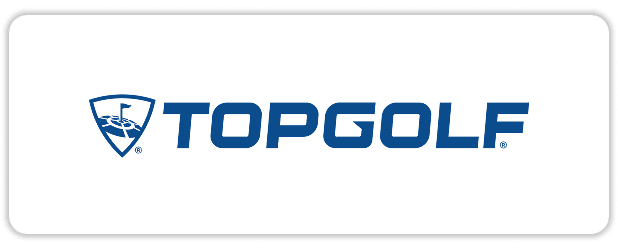
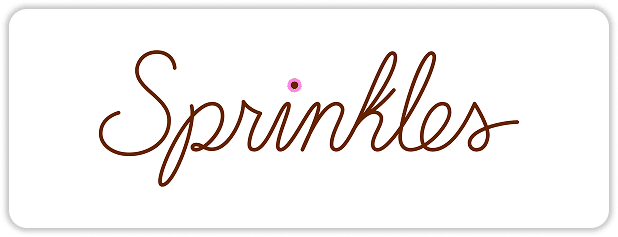

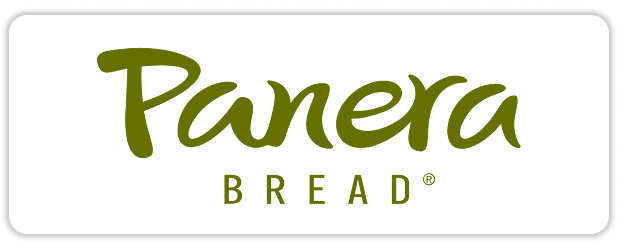
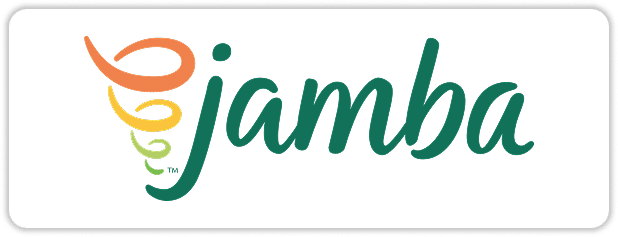

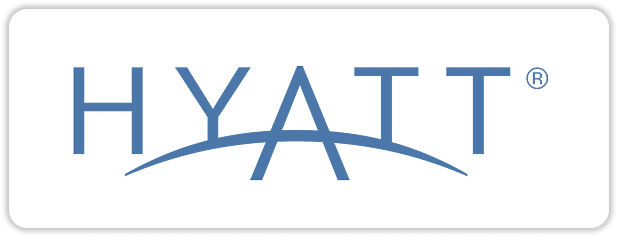
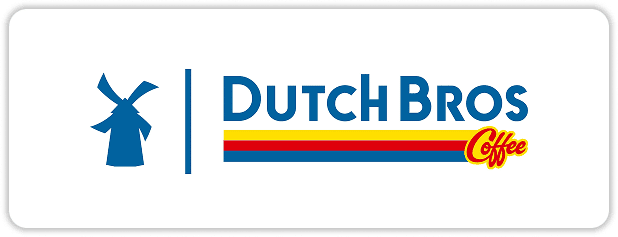
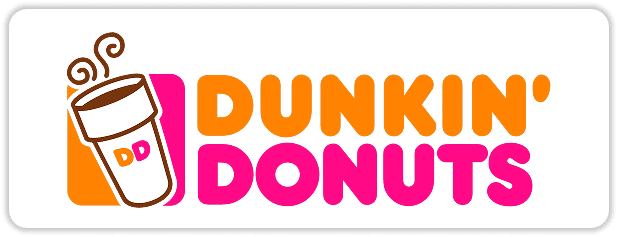
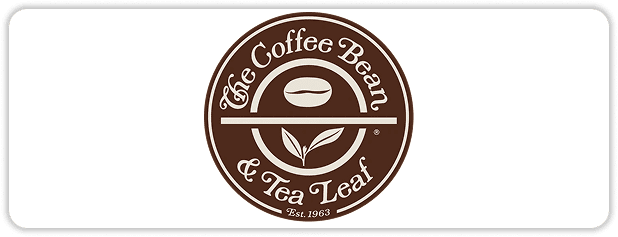
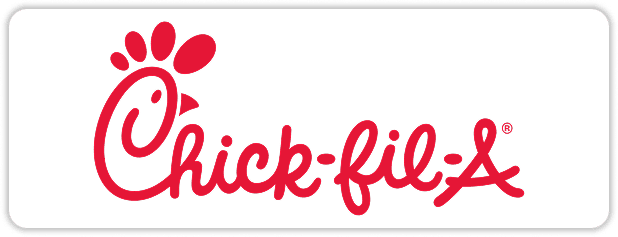
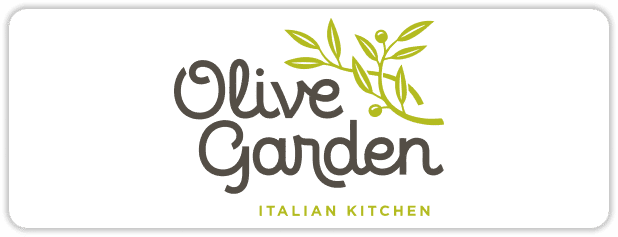
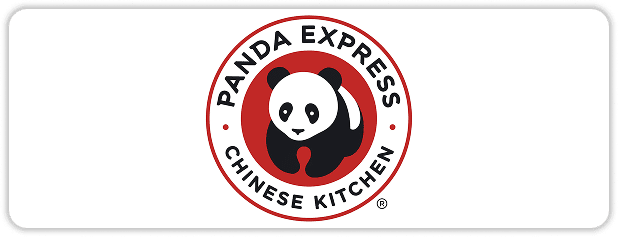
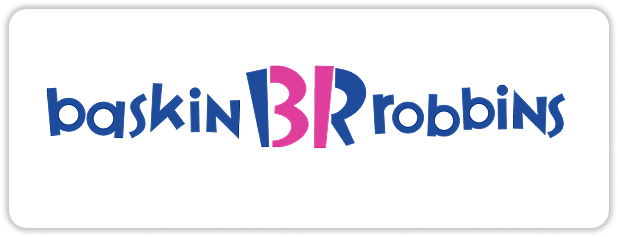
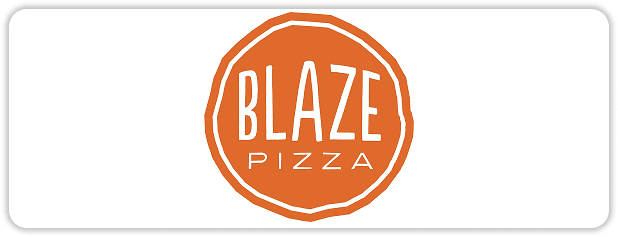
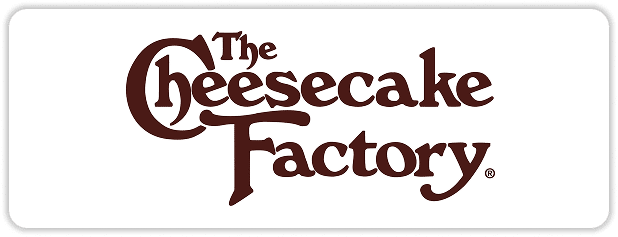
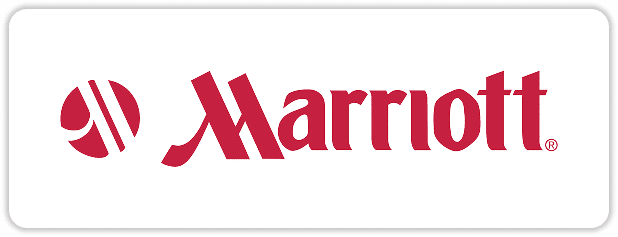

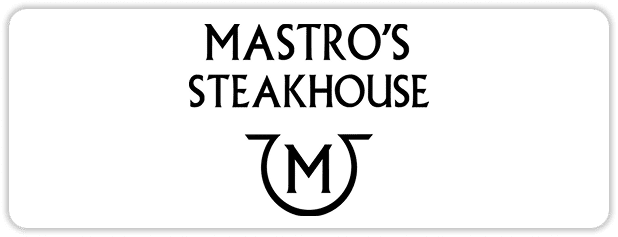
BENEFITS OF TRAINING
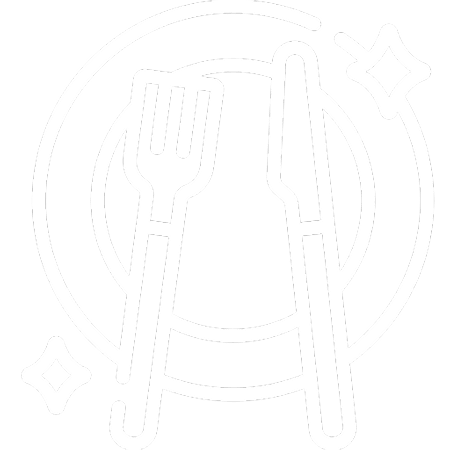
PREVENT
Education is the best tool to prevent, minimize, or eliminate foodborne illnesses and food hazards.
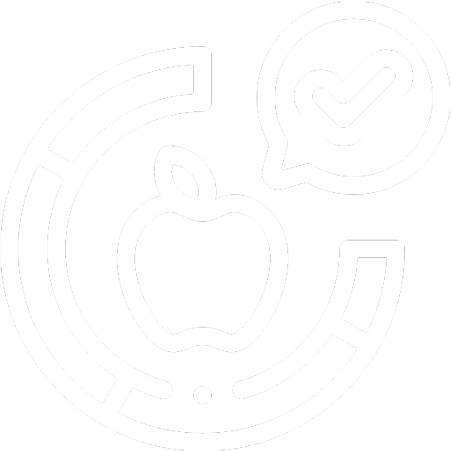
AWARENESS
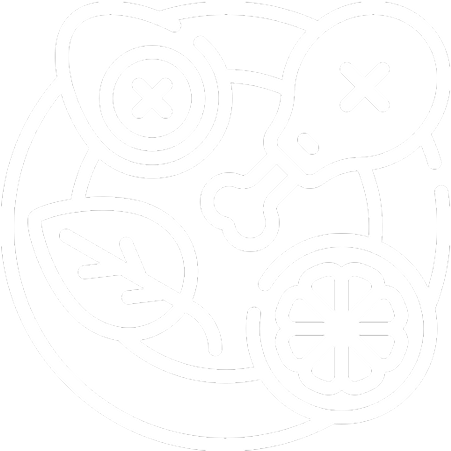
ELIMINATE
Training helps reduce or eliminate food safety hazards before they become major issues.

MINIMIZE
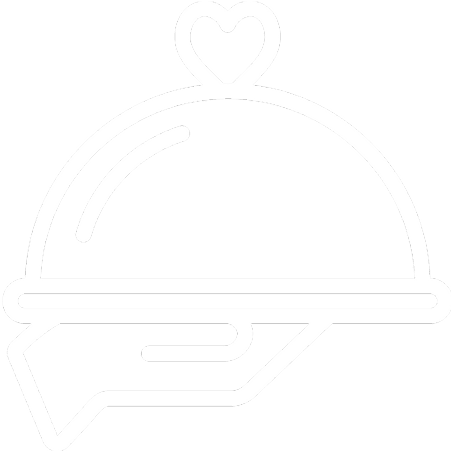
PRODUCTIVITY
Reducing food safety complaints will create a happier workplace and in turn increase productivity.
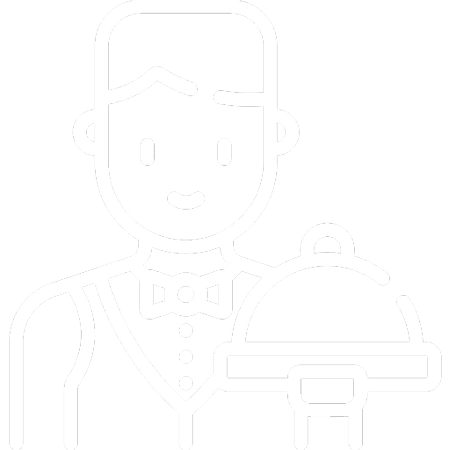
WORKPLACE SATISFACTION
WHY CHOOSE US

- Satisfaction Guarantee
- Online Interactive Course
- Meets and Exceeds State Guidelines
- Price Match Guarantee
- Owners and Managers: Manage, Track and Record Employee Progress
FREQUENTLY ASKED QUESTIONS (FAQs)
A Food Handler card is a certificate showing that you’ve completed a state-approved food safety course and passed an exam. In California, most employees who prepare, store, or serve food must obtain a Food Handler card within 30 days of hire.
Food safety certification is official recognition that you have been trained in proper food handling, hygiene, temperature control, cross-contamination prevention, and other safety practices. In California, the most advanced version of this is the Certified Food Protection Manager (CFPM) certification.
California requires at least one Certified Food Protection Manager (CFPM) in each food facility, with certification from a nationally accredited food manager program through the ANAB and the Conference for Food Protection (CFP).
All food employees in California must complete an ANAB accredited food handler training course within 30 days of hire, as required by Health & Safety Code §113948. Some counties, such as Riverside, San Bernardino, and San Diego, have their own food handler card requirements that take precedence over the state law. Employees must also provide a copy of their certificate to their employer, who is required to keep records on file.
Effective January 1, 2024, Senate Bill 476 (SB 476) shifts the responsibility of training costs from employees to employers. Employers must pay for accredited training, cover related expenses, compensate employees for the time spent on training/testing, excuse them from regular duties during the course or exam, and cannot require applicants to already hold a card as a condition of employment. Food handler cards remain valid for three (3) years.
The Food Handler card covers basic safety for entry-level workers, while the Food Protection Manager Certification is an advanced qualification for supervisors or managers, focusing on compliance, HACCP, and leadership in food safety.
Yes. Under California Assembly Bill 1221, alcohol servers and their managers must complete Responsible Beverage Service (RBS) training and pass an online exam.
It is valid for five years, after which you must retake and pass the nationally accredited exam.
AAA Food Handler combines state-specific compliance expertise, national accreditation, and a decade of training experience to ensure California food service teams meet the highest safety standards.
Yes. We offer California Food Handler cards, Food Manager Certification, Responsible Beverage Service (RBS) alcohol training, and Food Allergen courses.
Yes. AAA Food Handler provides discounted pricing and easy tracking for restaurants, hotels, schools, and catering companies training multiple employees.
AAA Food Handler combines state-specific compliance expertise, national accreditation, and a decade of training experience to ensure California food service teams meet the highest safety standards.
With AAA Food Handler’s online course, you can finish in about two hours and download your card instantly after passing.
FREQUENTLY ASKED QUESTIONS (FAQs)
North Carolina does not have a statewide mandate for food handler training. However, many employers and some local health departments require employees to hold a food handler certificate. Even when not legally required, completing the AAA Food Handler course helps workers meet industry standards and strengthen food safety compliance.
AAA Food Handler makes the process simple. Complete the online course, pass the exam, and download your certificate instantly. You can then provide proof of training to your employer or local authority if required.
Most food handler certificates in North Carolina are valid for 2 to 3 years. AAA Food Handler provides clear renewal instructions so workers remain compliant with employer or county rules.
Completing the AAA Food Handler course can qualify you for positions in restaurants, cafés, food trucks, grocery stores, bakeries, hotels, and catering services. Employers recognize our certificate as proof that you understand food safety practices.
To earn Food Protection Manager Certification in North Carolina, you must pass an exam accredited by the ANSI National Accreditation Board (ANAB) and recognized by the Conference for Food Protection (CFP). AAA Food Handler offers an ANAB-accredited Food Protection Manager Certification exam accepted statewide.
North Carolina requires a Certified Food Protection Manager to be on duty whenever food is being prepared, packaged, or served. This ensures that food establishments—such as restaurants, supermarkets with deli operations, hospitals, and schools—operate in compliance with food safety laws.
The Food Protection Manager Certification is generally valid for five years. Renewal requirements may vary by county or employer, but AAA Food Handler ensures certification meets both state and local expectations.
The AAA Food Handler’s Food Manager program is accredited by the ANSI National Accreditation Board (ANAB) and recognized by the Conference for Food Protection (CFP). This guarantees food managers are trained to the highest standards, allowing them to enforce Food protection policies, train staff, and reduce the risk of foodborne illness in North Carolina establishments.
Yes. The AAA Food Handler Food Protection Manager Certification meets food safety requirements for healthcare and long-term care kitchens under CFR § 483.60. It also supports career advancement toward becoming a Certified Dietary Manager (CDM).
Food allergies affect thousands of residents across North Carolina. AAA Food Handler allergen training teaches employees how to manage the nine major allergens—milk, eggs, peanuts, tree nuts, fish, shellfish, soy, wheat, and sesame. The training reduces cross-contact risks and ensures food workers can respond effectively to allergy emergencies.
For official food safety requirements, contact:
North Carolina Department of Health and Human Services (NCDHHS)
Division of Public Health
1931 Mail Service Center
Raleigh, North Carolina 27699-1931
Phone: (919) 707-5000



